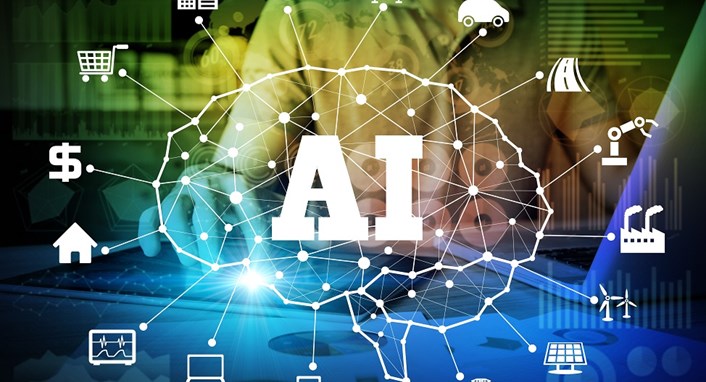Artificial Intelligence in credit analysis is revolutionizing the financial sector. Utilizing sophisticated algorithms and vast datasets, AI is transforming how financial institutions evaluate creditworthiness, offering a more dynamic and precise alternative to traditional methods.
By leveraging AI technologies, lenders can reduce risks and enhance decision-making processes. This blog post explores the evolving role of these intelligent systems in the sphere of credit evaluation, leading to more robust financial forecasting, improved client services, and streamlined operations in the banking industry.
The evolution of technology in financial assessments

Technology in the financial sector has seen exponential growth over the past few decades. Initially, credit analysis relied heavily on manual processes and the subjective judgment of loan officers. However, with digitization, financial institutions began to adopt technology solutions that allowed for more efficient data management and processing.
With the rise of big data and sophisticated analytics, banks and other lenders can now access and analyze vast amounts of information that was previously inaccessible or difficult to process. This has allowed for a broader, holistic view of credit applicants, incorporating non-traditional data points such as social media activity, payment histories for services, and other indicators of financial behavior.
The leap from traditional technology to AI in credit scoring is groundbreaking. AI’s ability to learn and adapt with new data inputs ensures that credit analyses are consistently improving and becoming more accurate. Its dynamic algorithms can identify patterns and trends that would be impossible for human analysts to detect, leading to faster and more reliable credit assessments and decisions.
Enhancing accuracy and speed
One of the major benefits AI brings to credit analysis is its potential to substantially enhance accuracy and speed. Traditional credit scoring methods are often criticized for being too generalized or outdated, failing to account for personalized financial behaviors. AI systems, on the other hand, analyze data in real-time and can swiftly update risk assessments based on new information, reducing the likelihood of defaults.
Machine learning algorithms continuously evolve as they process more data, learning from patterns that indicate potential risks or positive credit attributes. This capability means lenders can make more informed decisions more quickly, thus speeding up the approval process for applicants.
Breaking down biases
AI has the potential to significantly reduce biases inherent in credit evaluation processes. Traditional models may inadvertently favor particular demographic groups or penalize others, leading to discrimination in loan approvals or credit terms. Intelligent systems can help address these challenges by focusing purely on data and statistical correlations without preconceived notions or human prejudices.
While AI is not completely impervious to bias, as it relies on the data fed into the system, the way it processes this information can be designed to be more objective. By continuously monitoring and refining AI algorithms, financial institutions can aim to create a more equitable credit assessment landscape that offers fairer opportunities to a wider range of individuals, regardless of their background or initial financial standing.
The challenges and solutions of implementing AI in finance
While integrating AI into financial systems offers numerous benefits, it is not without its challenges. One significant hurdle is the complexity and cost of implementing AI technologies within existing infrastructures. Financial institutions must ensure they have the technical expertise to manage these systems and the capacity to handle large-scale data processing securely and efficiently.
Another concern is data privacy. The wealth of personal information required for AI to function effectively heightens the risk of potential breaches. Hence, robust cybersecurity measures and clear regulations regarding data usage and protection are paramount to safeguard sensitive information.
Transforming customer relationships
AI not only enhances operational efficiencies but also transforms the way financial institutions interact with their clients. By providing more personalized credit solutions and services, AI can help banks better meet individual customer needs, thereby improving client satisfaction and loyalty.
Through predictive analytics, banks can anticipate customer needs and offer targeted recommendations, creating a more connected and responsive customer experience. This approach fosters trust and builds stronger, more meaningful relationships with clients, ensuring a loyal customer base and enhanced reputation in the competitive financial marketplace.
The future of credit evaluation
As AI continues to evolve, its role in credit analysis will become even more integral. We can expect more advancements in data analytics, machine learning, and automation that will further refine risk assessment processes and expand financial access to underserved populations. The potential for AI to reshape credit analysis is immense, offering a more inclusive, efficient, and fair system.
In conclusion, AI is set to become a cornerstone of financial assessment practices. As financial institutions continue to adapt to and invest in these technologies, the benefits extend beyond efficiency gains to creating a financial ecosystem that is responsive, fair, and aligned with the evolving demands of the market.
